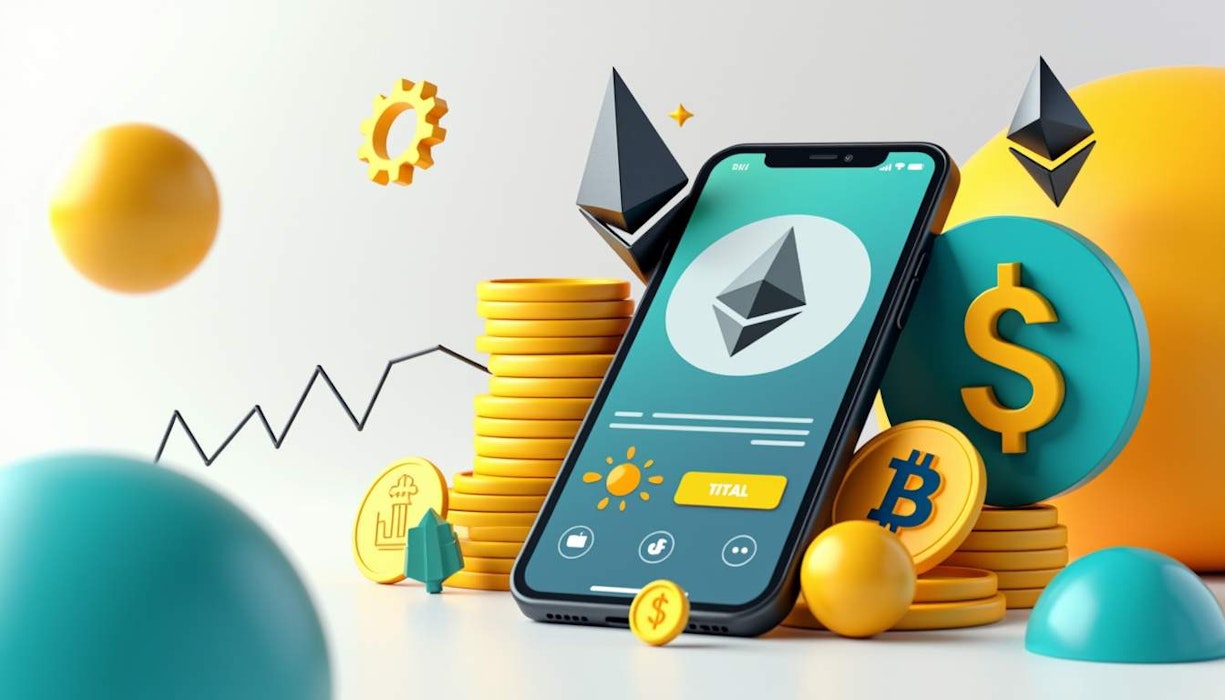In a nation grappling with economic turmoil and pervasive government oversight, virtual wallets emerge as a crucial tool for financial autonomy. This guide aims to simplify the intricate process of utilizing a virtual wallet in Venezuela, offering vital information and actionable steps. Learn how to select the appropriate wallet, establish it securely, and use it for daily transactions. Whether your goal is to navigate hyperinflation or safeguard your privacy, this extensive guide will empower you to flourish within Venezuela's digital landscape.
Introduction to Virtual Wallets in Venezuela
Given the dire economic conditions and financial exclusion faced by many, Venezuelans are increasingly turning to digital payment solutions. Virtual wallets and cryptocurrencies provide an effective means of circumventing traditional banking systems that are often inaccessible or untrustworthy. While these tools offer significant advantages, they also come with risks—especially considering the lack of stringent data protection laws and the involvement of companies that may not prioritize user security. This guide will walk you through each step of the process, ensuring you do so as safely as possible.
Choosing the Right Crypto Wallet Exchange
First things first: you need a reliable exchange. Several options exist:
- Global Giants: Platforms like Binance and Kraken are popular choices among Venezuelans. They offer a wide range of cryptocurrencies and deposit methods.
- Local Solutions: Consider using local platforms such as Pago Móvil or PayAll. These services integrate seamlessly with the Patria System—a platform designed for managing government benefits—and cater specifically to Venezuelan users.
- Innovative Financial Tools: Look into AAvance, which offers a digital wallet along with a debit card that facilitates interbank transfers and payments.
Setting Up Your Digital Wallet Exchange
Now that you've chosen an exchange or platform, it's time to set up:
- Create Your Account: Register on your chosen platform and complete any Know Your Customer (KYC) processes required.
- Link Payment Methods: Connect either a bank account or credit card; some exchanges also accept SWIFT/SEPA transfers.
- Fund Your Account: Deposit funds into your newly created account—this can take anywhere from minutes to days depending on your method.
Using Your Virtual Currency Platform
With your account funded, you're ready to go:
- Purchase Cryptocurrency: Most exchanges allow you to buy small amounts (even just a few dollars worth) so don’t feel pressured to go all-in at once.
- Transfer To Personal Wallet: Immediately move any purchased cryptocurrency into a personal wallet—exchanges can be vulnerable.
- Spend Wisely: Use platforms like Pago Móvil or PayAll for real-time transactions in both local bolívares and foreign currencies.
Security Tips for Wallet Exchange Cryptocurrency
To protect yourself while navigating this new terrain:
- Always withdraw any crypto into personal wallets—never leave funds on exchanges.
- Use secure channels for communication; avoid sharing sensitive info over unsecured platforms.
- Stay updated on best practices; knowledge is your best defense.
Summary: Navigating Venezuela's Digital Economy
By following these guidelines, you'll be well-equipped to utilize virtual wallets effectively in Venezuela's challenging environment. These tools not only help bypass inefficient traditional systems but also offer avenues for greater financial freedom—provided you're cautious about potential pitfalls.
Expert References
- Bitrawr provides comprehensive insights into buying and trading Bitcoin in Venezuela.
- AAvance offers innovative solutions tailored for Venezuelan migrants in Colombia.
- NORBr explores emerging payment trends within the country’s unique economic landscape.
